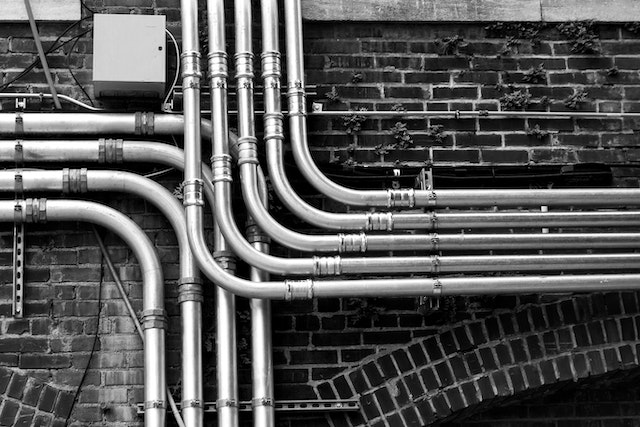Rubber ring joint water pipes are a critical component of water distribution systems worldwide, playing a vital role in transporting potable water, wastewater, and industrial fluids safely and efficiently. These pipes, known for their durability, flexibility, and ease of installation, find applications in a wide range of settings, from municipal infrastructure projects to industrial facilities and agricultural irrigation networks. Understanding the versatility and purpose of rubber ring joint water pipes can shed light on their significance in ensuring reliable and uninterrupted water supply to communities, industries, and agricultural operations.
One of the primary applications of rubber ring joint water pipes is in municipal water supply systems, where they serve as the backbone of water distribution networks delivering clean, potable water to homes, businesses, and public facilities. These steel mains rubber ring pipes are commonly used for underground and above-ground installations, connecting water treatment plants, reservoirs, pumping stations, and distribution mains to end-users. The robust construction and watertight sealing provided by rubber ring joints ensure leak-free operation and minimize water loss, helping municipalities maintain efficient and reliable water supply services to their residents.

Moreover, rubber ring joint water pipes are extensively used in wastewater collection and conveyance systems, where they transport domestic, commercial, and industrial wastewater from homes, businesses, and manufacturing facilities to treatment plants or disposal sites. These pipes are designed to withstand the corrosive and abrasive nature of wastewater, providing long-term durability and reliability in harsh operating conditions. The flexible and adaptable nature of rubber ring joint pipes allows for easy installation and routing around obstacles, making them ideal for underground sewer lines, stormwater drains, and culverts in urban and rural areas.
Furthermore, rubber ring joint water pipes play a crucial role in industrial applications, where they are used to transport various fluids, including process water, chemicals, and industrial effluents within manufacturing facilities, power plants, refineries, and other industrial complexes. These pipes are designed to withstand high temperatures, pressures, and corrosive substances commonly found in industrial processes, ensuring safe and efficient fluid conveyance while minimizing the risk of leaks, spills, or contamination. The versatility and adaptability of rubber ring joint pipes make them suitable for a wide range of industrial applications, including cooling water systems, boiler feed lines, and chemical processing plants.

Additionally, rubber ring joint water pipes are widely used in agricultural irrigation systems, where they play a critical role in delivering water to crops, orchards, and farmland for irrigation purposes. These pipes are commonly used in drip irrigation, sprinkler systems, and flood irrigation methods, providing a reliable and efficient means of distributing water to agricultural fields while minimizing water wastage and maximizing crop yields. The flexibility and ease of installation of rubber ring joint pipes make them well-suited for irrigation systems, allowing for quick and cost-effective deployment in rural and remote areas where access to water is limited.
Moreover, rubber ring joint water pipes are used in a variety of specialized applications, including firefighting, mining, construction, and environmental remediation, where they provide a reliable and versatile solution for transporting water, slurry, or other fluids in challenging environments. These pipes are designed to withstand extreme temperatures, pressures, and mechanical stresses, making them suitable for use in demanding industries and harsh operating conditions.
